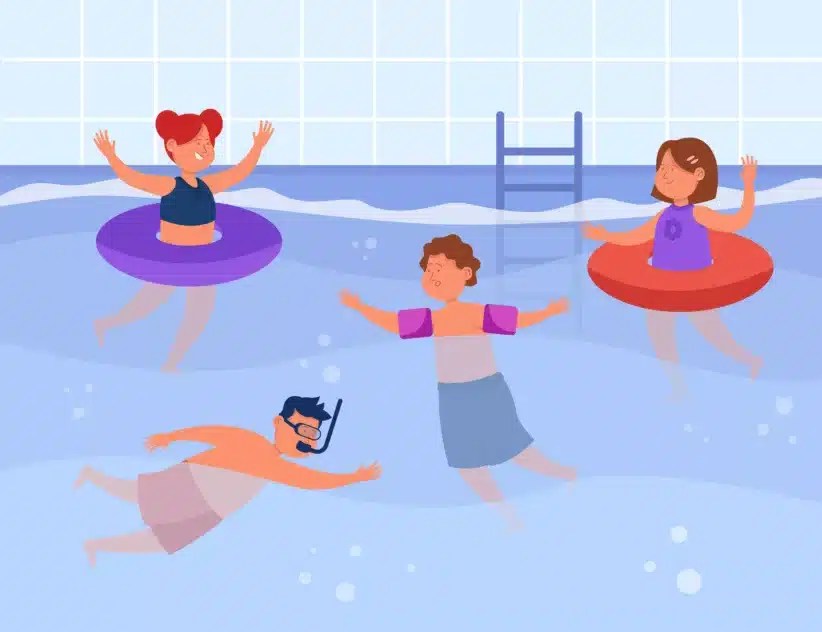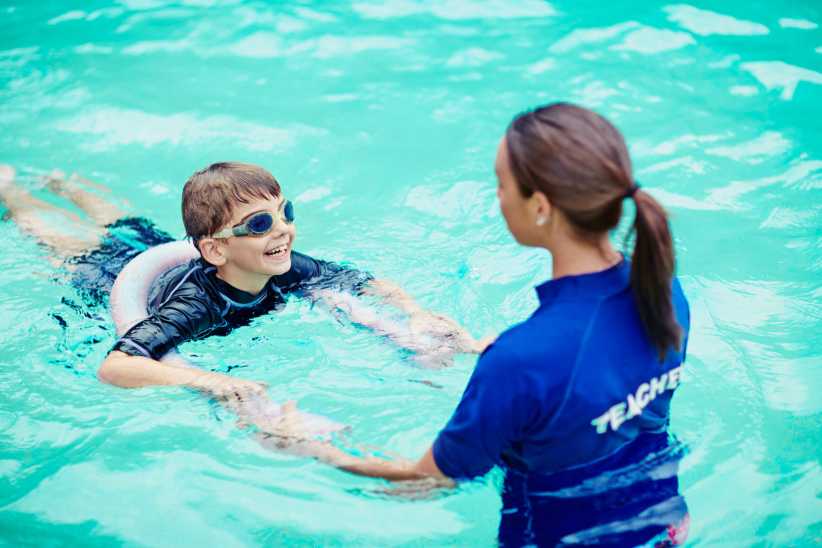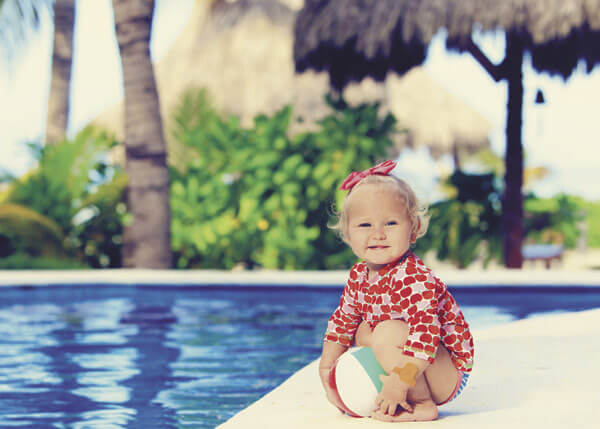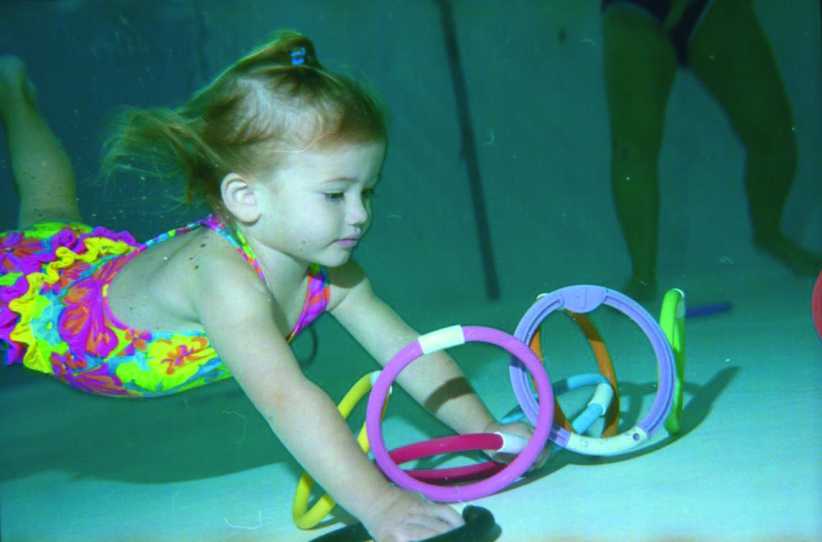
How to Stay Safe Around Water
Warming temperatures mean one thing … sunglasses, coconuts with little umbrellas in them, summer glow-ups and a trip down to the beach or pool. As summer gets closer, add anything water-related to your family bucket lists.
As you head out for the pool or the beach, make sure your trip is as safe as it is fun. Here are some tips from the American Red Cross and other experts on how to stay safe around water!
Psst… Here’s your guide to visiting Governors Island with the family this summer!
Never Leave Children Unattended
This rule applies to anything from the public swimming pool to a backyard inflatable pool. Always stay on guard when your toddlers and young ones are in the water, and purchase pool covers if necessary to prevent accidents.
If you think you need a break from watching to finish house chores, think again. The responsibility of overseeing your children falls upon both you and the lifeguards. Drowning is a leading cause of death in children ages 1 to 4.
Swim with Buddies
Not only is buddy swimming a great opportunity for bonding and developing social skills, but having your kids swim with their friends is a great way to reduce the risk of accidents.
If one child is having trouble, the other would be likely to call for help. If one wanders off to a deeper end of the pool, the other might advise them otherwise.
The buddy system can even afford a healthy competitive spirit and improve learning of swim techniques.
Prepare for Camp Swim Time
As summer nears, families are planning to send their children off to camp, a quintessential childhood experience that, for many, also involves swim time.
Communicate regularly with camp counselors and directors, informing them of your children’s swim skills and requesting updates on progress.
Oftentimes, camps may not have enough sunscreen or swimwear for everyone, so be sure to pack your kids some in their backpacks.
Protect Yourself From the Sun
There are few memories more relaxing than a family trip to the beach or local pool, and sunlight is great for booting Vitamin D levels. But too much sun can be counterproductive, exposing individuals of all ages to sunburns and increased risk for skin cancer.
Sunscreen is a must during the summertime. Make sure that the brand you are purchasing from contains a high SPF, especially if you plan to be outside for a long time. Apply sunscreen multiple times throughout the day.
Avoid Bellyflops and Head-Dives
Television and social media can make it tempting to bellyflop or dive headfirst into the water, but the ensuing pain would warn anyone otherwise. Always assess how deep the water is, going into the pool yourself first if possible.
When your children are about to enter the water, advise them to go in feet first — and make sure that they are under supervision. You might just find them off the deep end wanting to show off a trick they saw on their iPad.
Stay Away From Pool Drains
Suction can feel satisfying at first, but it is impossible to predict how powerful pool drains are. Drain power may change depending on time of day, or the type of cleaning that pool management are doing.
Hair, hands, jewelry, fingers and toes can become trapped and pose terrifying dangers, especially for young children who do not have the force to withstand suction.
Beware of Breath-Holding Games
Unless under the supervision of a professional swim instructor, competitive and prolonged breath-holding games can cause unconsciousness, fainting and even drowning.
Make the appropriate call and intervene when you see competitive spirit being taken too far, whether it means who stays underwater the longest or who can swim the furthest distance (and accidentally venture into the deep end).
Double-Check Equipment
Younger children should swim with floats, life vests, goggles and proper swim gear to protect their eyes and bodies. Look over equipment before and after every trip to the pool for any defects, and replace if necessary. Never give broken equipment the benefit of the doubt!
Leave the Pool if You Need a Break
Swimming should be fun — not a job! If your kids ever look like they require a day off, let them know that it is okay to stay out of the water this time and hang out on deck. Individuals who are fatigued, ill or severely hungry should not be swimming.
Do Not Drink Pool Water
Pool water, sea water and even house hose water used for swimming are undrinkable. Not only do they collect debris from other swimmers, but in the case of pools, extensive exposure to chlorine and other cleaning chemicals can burn the throats and eyes.
Ocean water contains an unsustainable level of salt, and freshwater lakes and rivers are some of the biggest reservoirs of unwanted protozoa, bacteria and microorganisms.
Always pack a few bottles of water with you — you never know when they will come in handy.























